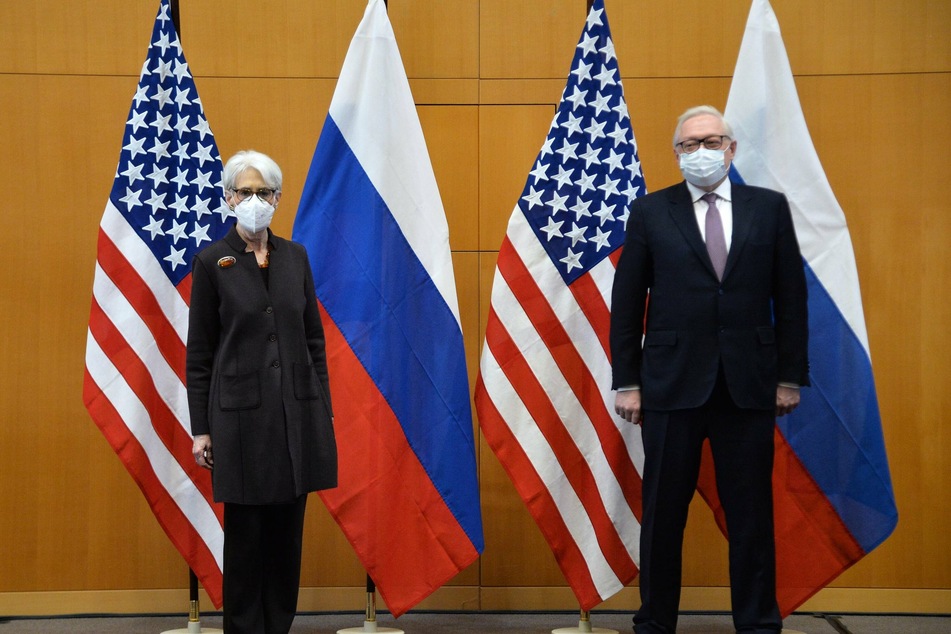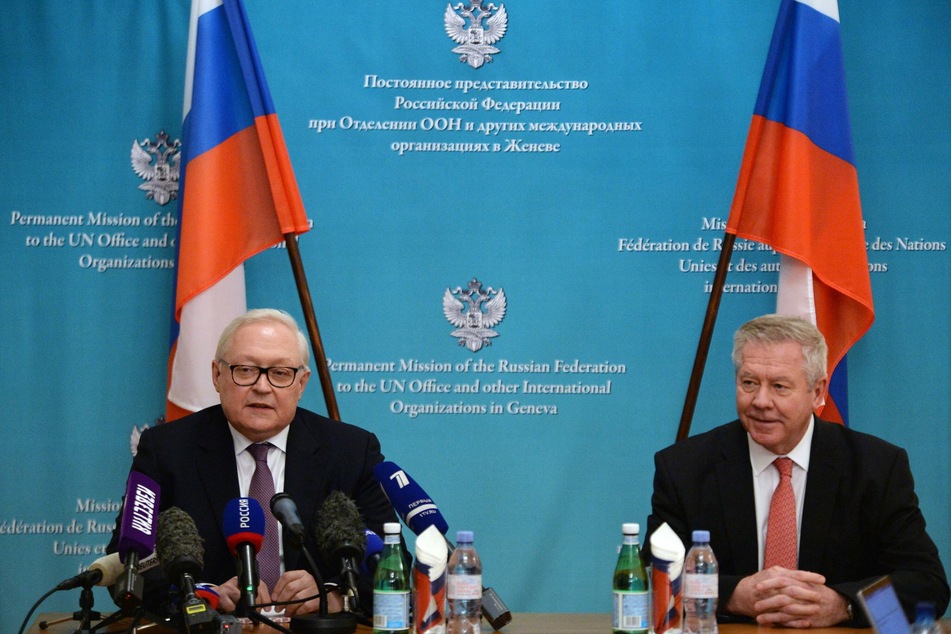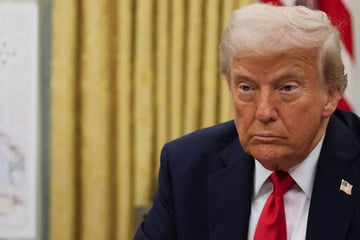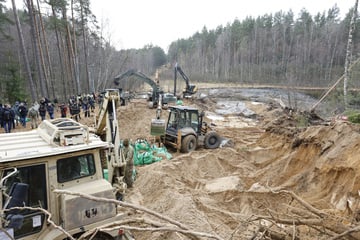US and Russia conclude 8 hours of talks to defuse Ukraine crisis
Geneva, Switzerland - Senior US and Russian diplomats described their eight hours of talks in Geneva on Monday as constructive, but said there had been no breakthroughs to bridge the differences over Ukraine and security arrangements more broadly in Eastern Europe.

Delegations led by US Deputy Secretary of State Wendy Sherman and Russian Deputy Foreign Minister Sergei Ryabkov met in the Swiss city to address the soaring tensions over Ukraine, prompted by the build-up of tens of thousands of Russia troops near the border.
The US and its allies have threatened massive sanctions in the event of a Russian invasion, while Russia is demanding guarantees that NATO will not expand further east and will reduce troops and weapons in Europe.
When Sherman emerged from the meeting on Monday evening, she described her interactions with the Russians as "frank and forthright."
"The United States came to today's extraordinary meeting prepared to hear Russia's security concerns and to share our own," she said in a briefing with reporters.
Sherman said the US, in a bid to help defuse tensions, would consider changes to its current presence in Eastern Europe, including the placement of missiles and "the size and scope of military exercises."
As an example, she said the world powers could revive the INF Treaty on the prohibition of land-based intermediate-range nuclear weapons systems. The US had withdrawn from the treaty under president Donald Trump.
But she said that any such moves would have to be matched by Moscow on a "reciprocal basis" and that Russia's demand that NATO "slam" the door closed to Ukraine membership was a non-starter.
"Russia has amassed more than 100,000 troops along Ukraine's borders. Meanwhile, Moscow claims it is Ukraine seeking conflict and behaving provocatively and not Russia," Sherman said. "It is Russia's actions which are causing a renewed crisis not only for Ukraine but for all of Europe."
Russia's discussions will continue this week

Both Sherman and Ryabkov said their countries were ready to continue discussions in various formats, including Wednesday's meeting of the NATO-Russia Council in Brussels, the first in over two years.
Ryabkov described the meeting as "difficult" but "very professional."
He said he assured the US delegation that Russia had no plans to attack Ukraine.
"We explained to our colleagues that we have no plans or intentions to stage 'aggression' against Ukraine and that there cannot be any such plans, and that all measures to boost our troops' combat readiness are conducted on our own national territory," he said, according to Russia's TASS news agency.
Ryabkov said he had presented to the US why "obtaining legal guarantees of NATO’s non-expansion was an absolute imperative [and] why it was necessary for us to receive legal guarantees of not deploying weapons ... near Russian borders."
But he admitted that the sides had come to no new understanding on the issues of NATO expansion or the deployment of offensive weapons.
The meeting kick-started a week of diplomacy aimed at de-escalating the crisis. After the NATO-Russia Council convenes on Wednesday, more discussions are due to take place in Vienna on Thursday within the framework of the Organization for Security and Co-operation in Europe (OSCE).
The talks in Geneva took place within the framework of the strategic security dialogue that Presidents Joe Biden and Vladimir Putin agreed on at their summit in the Swiss city in June. This was the third round.
They take place alternately at the US and Russian diplomatic missions in Geneva.
Cover photo: IMAGO/SNA

